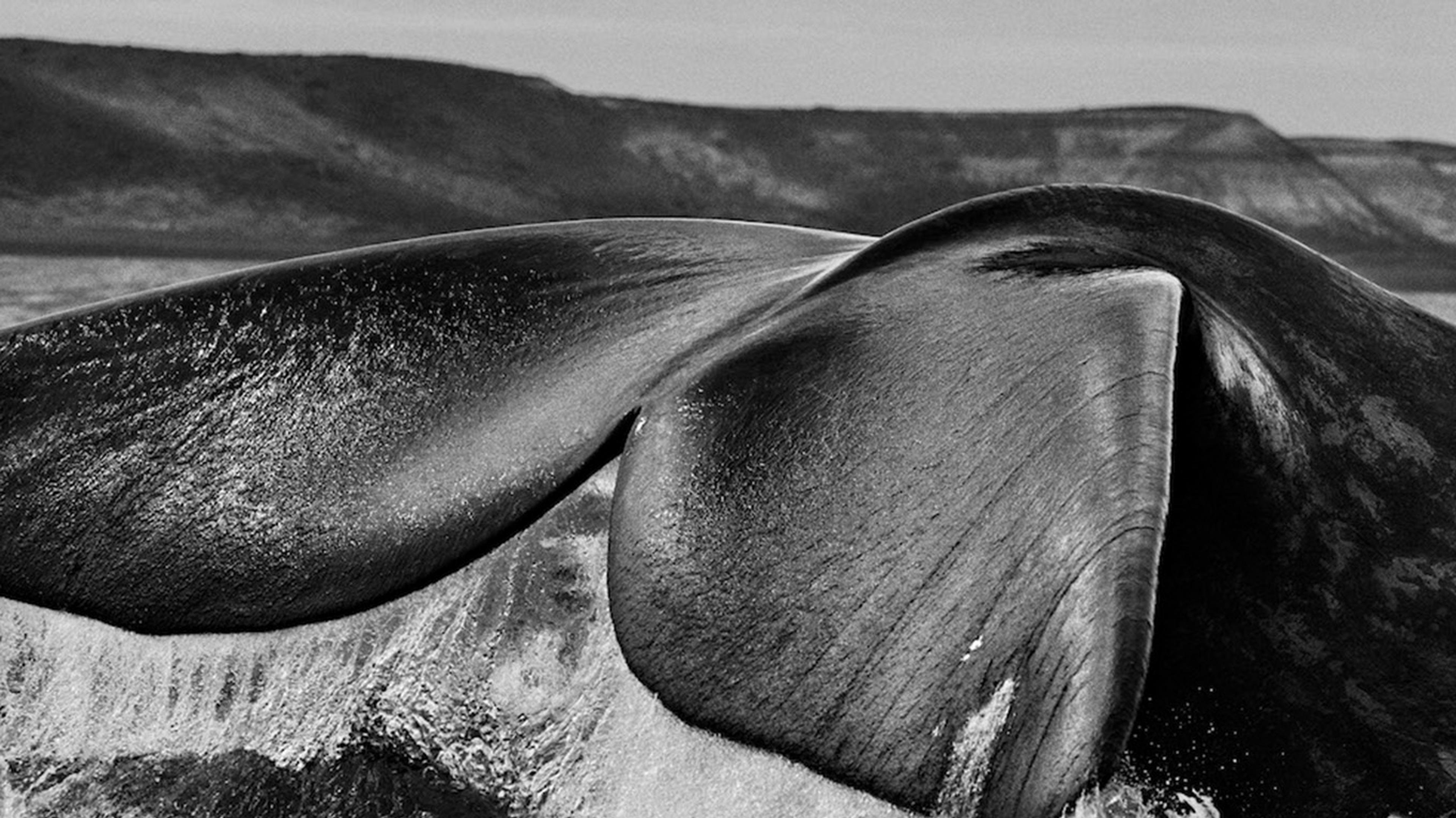Sebastião Salgado
Genesis

Fotografiska presents the Brazilian photographer Sebastião Salgado’s comprehensive work Genesis, an exhibition designed and curated by Lélia Wanick Salgado. It is the result of an eight-year long journey through some thirty countries to places and people who have escaped the influence of modern civilisation. These magnificent images depict a world we may be about to lose in our quest for material happiness. It is a celebration of our origins and a reminder of what has been entrusted to our care.
skildrade torka och svält
Sebastião Salgado spent much of his life on the road and has visited over one hundred countries where he has depicted the conditions of labour and migration. His images have resulted in a number of important photo-reportages published in magazines and newspapers as well as in books and exhibitions.
Salgado approaches people with respect and with understanding of their situations. He claims that sometimes a picture is a gift from the person he encounters and photographs.
Sebastião Salgado rarely tries to capture the “decisive moment”; instead, there is a reflective stillness and monumental grandeur in many of his motifs, and this he achieves without losing the sharpness of his message. He displays life and death, as well as strength and pride, apparent even in the most desperate of circumstances. It is black and white, always black and white, but in an infinite range, from the whitest of white to the blackest of black. His images are always affecting, whether he points his lens towards human injustice or natural beauty.
The powerful experiences from the world’s trouble spots and poor and dangerous areas have left their marks on him. After having spent several years without going back to Brazil, he returned and found a country that had changed. Together Lélia and he began replanting trees in the ravaged rainforest of his native land. They have planted over a million domestic trees and plants and transformed a desolate landscape into a lush natural reserve with a rich wildlife.
However, Salgado continued photographing, this time with the focus on the untouched places around the world. The result was Genesis, an eight-year long journey through some thirty countries presented in magnificent black-and-white images that depict a world we may be about to lose in our quest for material happiness. It is a photographic series of landscapes, wild animals and human communities that still live according to ancient traditions and cultures.
Genesis is a photographic homage to our origin and hopefully a wake-up call. It is Sebastião Salgado’s love letter to Earth.
Sebastião Salgado was born on 8 February 1944 on a farm estate in Aimorés, in Minas Gerais, Brazil. He trained as an economist and worked for the Brazilian Department of Finance for some years. After several journeys to Africa for his employer in London, the International Coffee Organisation, he decided to become a photographer. At the age of 29, he produced his first major photo essay of the African Sahel region where he, intrusively but with much compassion, depicted drought and starvation.
Sebastião Salgado’s images have resulted in a number of photo-reportages published in magazines and newspapers as well as in significant books and exhibitions. He has also been awarded prestigious prizes for his endeavours. In 1989 he received the Hasselblad award and the jury cited:
““In his photographic reportages of the victims of starvation, Salgado displays a unique ability to combine journalistic inquisitiveness, commitment, solidarity and photographic aesthetic. His images are touching and important without becoming political or pathetic.””
His many photo-reportages include, among others: Other Americas (1986), Sahel: l’homme en détresse (1986), Sahel: el fin del camino (1988), Workers (1993), Terra (1997), Migrations and Portraits (2000) and Africa (2007).
Salgado is also a UNICEF Goodwill Ambassador and an honorary member of the Academy of Arts and Sciences in the United States and has collaborated with humanitarian organisations and worked for UNICEF, UN, Amnesty, WHO and Médecins Sans Frontières. In conjunction with an exhibition of images of vulnerable children, he said:
“I hope that the person who visits my exhibitions, and the person who comes out, are not quite the same. I believe that the average person can help a lot, not by giving material goods but by participating, by being part of the discussion, by being truly concerned about what is going on in the world.”
Hopefully Genesis will change our views, habits and commitments.